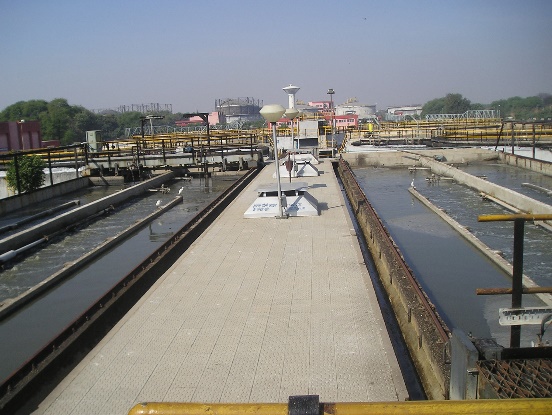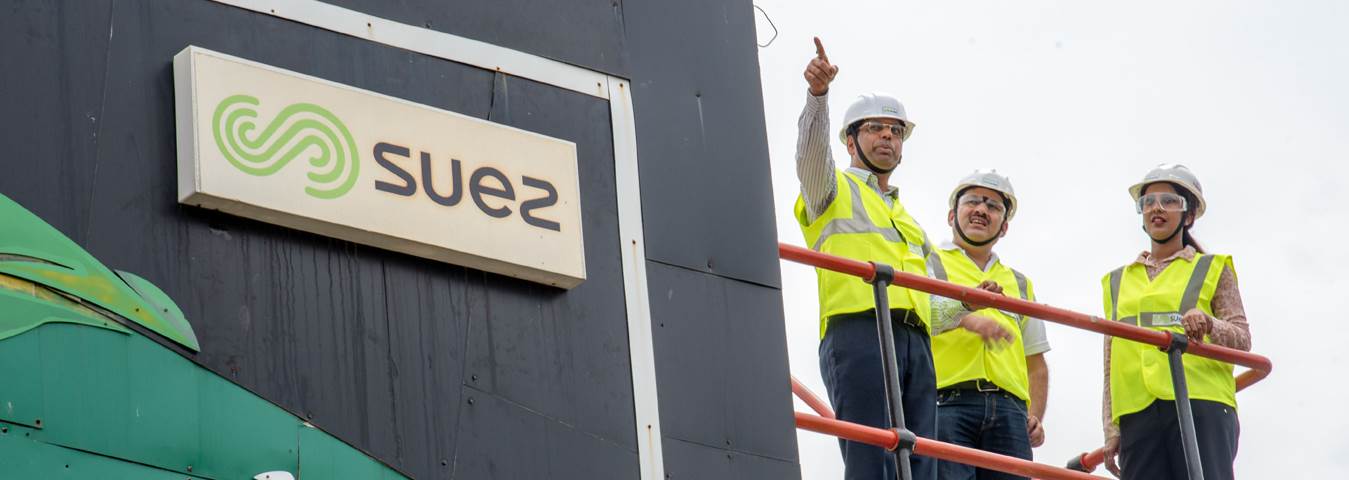The Mission
One of the fastest growing cities, managing the ever-increasing sewage in Delhi has been one of the major challenges for the city authorities for the last few decades. Improper and inadequate sewage treatment had impacted the environment and health of the citizens of Delhi in all possible ways.
To address these environmental hazards, Delhi Jal Board (DJB) was looking for an expert to find long-term sustainable solutions.
The objectives of the plant were to provide a modern Sewage Treatment Plant facility using latest cost-effective technology:
- To achieve a very high discharge standard for treated sewage
- To convert available pollutant to power as a non – conventional source of energy
Our Solutions
As a global leader in water treatment, SUEZ has been a long-trusted partner to DJB in such endeavors. The optimised sewage treatment plant at Rithala, Delhi was first of its kind in India, ensuring a high level of energy self-sufficiency, with innovative treatment processes, and generation of green power through bio-gas engines.
 |
The highlights of the plant are:
|
|
|
The Result
Our specialists have satisfactorily addressed the energy and environmental concerns of the customer, while complying with the framework of regulations that is required to operate and treat the wastewater.
In Delhi, SUEZ has designed and built a total of five sewage treatment plants that treat 400 MLD of sewage. Combating climate change, inventing new models that reconcile growth and resource protection, promoting access to basic water and sanitation have been always priority issues for SUEZ. We believe there’s still a long way to go and SUEZ will continue to support the cities to make it a better place for its residents.
